
Electric Bike Safety Certifications Explained: A Deep Dive into UL, FCC, and CE Standards
With the growing focus on environmental sustainability and increasing traffic congestion in cities, electric bikes are rapidly gaining popularity worldwide. However, since eBikes involve electric drive systems, safety has become a major concern for both consumers and regulatory bodies. To ensure product safety and compliance, various countries have established different certification standards, such as UL (United States), FCC (United States), and CE (European Union). This article provides an in-depth look at these certifications, including their standards, testing processes, and their importance, to help consumers and manufacturers better understand the safety requirements for eBikes.
What is Electric Bike Safety Certification?
Electric bike safety certification refers to the process where third-party organizations test various aspects of an electric bike, such as its electrical system, mechanical structure, and electromagnetic compatibility (EMC), to ensure it meets the safety regulations of specific countries or regions. These certifications help reduce risks such as fire, electric shock, and mechanical failure, while also aiding products in entering international markets.
Common eBike safety certifications include:
-
UL Certification (United States)
-
FCC Certification (United States)
-
CE Certification (European Union)
Let's explore the details of these certifications.

UL Certification: U.S. Market Safety Standards
Overview of UL Certification
UL (Underwriters Laboratories) is one of the most recognized safety certification agencies in the U.S., and its standards are widely applied to electrical products. For eBikes, the primary standards include:
-
UL 2849 (Electric bike electrical system safety standards)
-
UL 2272 (Battery safety standards for light electric vehicles)
What UL 2849 Covers
UL 2849 addresses the entire electrical system of an eBike, including:
-
Battery Safety: Tests for overcharge, over-discharge, short circuit, and high-temperature scenarios.
-
Motor and Controller: Tests for pressure resistance, insulation, and waterproofing.
-
Charger: Stability of input/output and temperature control.
-
Wiring and Connectors: Tests to prevent short circuits and overheating.
UL 2272 Certification (for Batteries)
Since lithium batteries can pose fire risks, UL 2272 specifically tests the battery's:
-
Thermal Runaway Protection: Prevents overheating or explosion of the battery.
-
Mechanical Impact Testing: Simulates collision situations.
-
Environmental Testing: Includes exposure to extreme temperatures and humidity.
Why UL Certification Matters
-
Market Access in the U.S.: Many states and retailers require eBikes to have UL certification.
-
Insurance and Warranty: Some insurance companies may deny claims if the product doesn't have UL certification.
-
Consumer Confidence: The UL mark signifies that the product has passed rigorous testing, offering higher safety assurance.
FCC Certification: Electromagnetic Compatibility Requirements
Overview of FCC Certification
FCC (Federal Communications Commission) is the certification body of the U.S. federal government, primarily overseeing the electromagnetic compatibility (EMC) and radio frequency (RF) interference of electronic products. eBikes' motors, controllers, and wireless devices (such as Bluetooth locks) must all meet FCC standards.
FCC Certification Categories
-
FCC Part 15B (Applies to general electronic devices, preventing electromagnetic interference).
-
FCC Part 18 (Applies to industrial, scientific, and medical devices, such as high-power motors).
Testing Procedures
-
Radiated Emissions Testing: Ensures the eBike doesn’t interfere with other devices, such as smartphones or Wi-Fi.
-
Conducted Emissions Testing: Checks whether the power lines cause interference.
-
Immunity Testing: Ensures the eBike is unaffected by external electromagnetic interference.
Importance of FCC Certification
-
Legal Sales: eBikes that fail to pass FCC certification may be seized by customs or face fines.
-
User Experience: Reduces interference between the motor and devices like GPS or Bluetooth.
CE Certification: Core Standards for the EU Market
Overview of CE Certification
CE (Conformité Européenne) is a mandatory certification within the European Union, covering safety, health, environmental, and other factors. eBikes entering the EU market must meet the following standards:
-
EN 15194 (Electric Assisted Bicycle Standard)
-
Battery Safety (EN 50604-1)
-
Electromagnetic Compatibility (EMC, EN 55014)
-
Mechanical Safety (EN ISO 12100)
Detailed Breakdown of EN 15194 Standards
EN 15194 is the core standard for eBikes, with the following requirements:
-
Maximum Speed: Motor assistance should not exceed 25 km/h, and motor power must be ≤250W.
-
Pedal Sensor: Power assistance can only be activated when the pedals are being turned (to prevent misuse of pure electric mode).
-
Battery and Circuit Safety: Includes protection against short circuits and water resistance (IP rating testing).
-
Braking Performance: The motor should automatically cut off power when braking.
Other Relevant CE Standards
-
RoHS Directive: Restricts harmful substances such as lead and mercury.
-
REACH Regulation: Controls the safe use of chemicals.
-
Battery Directive: Requires that batteries are recyclable and meet environmental standards.
Importance of CE Certification
-
EU Market Access: Products without the CE mark cannot be sold within the EU.
-
Legal Liability: Failure to comply with CE standards may result in recalls or lawsuits.
-
Consumer Protection: The CE mark indicates that the product complies with EU safety regulations.

Other Regions' eBike Certifications
In addition to UL, FCC, and CE certifications, different countries have their own certification requirements:
-
China: GB 17761 (National standard for electric bikes)
-
Japan: PSE Certification (Battery and electrical safety)
-
Australia: AS/NZS 60335 (Household appliance safety standards)
How to Choose an eBike That Meets Certification Standards
-
Check for certification marks (such as UL, CE, FCC).
-
Inquire about battery safety (whether it meets UL 2272 or EN 50604 standards).
-
Review the product manual to ensure compliance with local regulations.
-
Choose reputable brands to avoid low-quality, cheap products.
Conclusion
eBike safety certification is crucial for ensuring user safety and market compliance. UL certification ensures the safety of the electrical system, FCC certification prevents electromagnetic interference, and CE certification is a must for entering the European Union market. Consumers should prioritize certified products, while manufacturers must strictly follow standards to enhance market competitiveness and consumer trust.






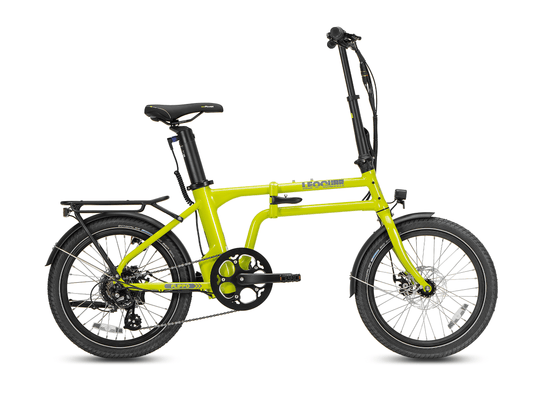
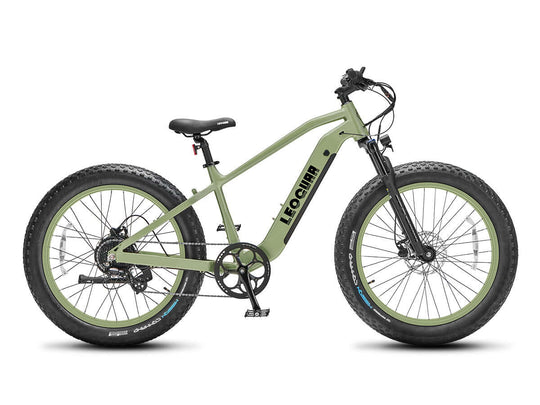
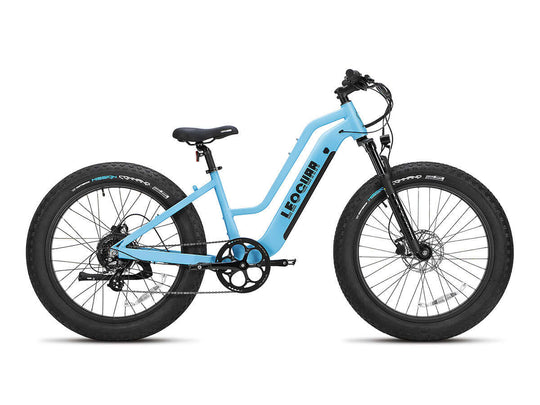
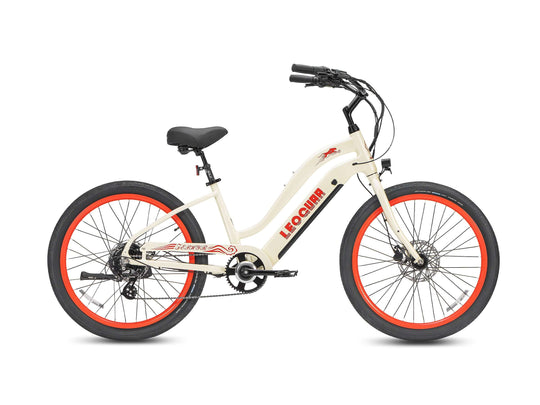
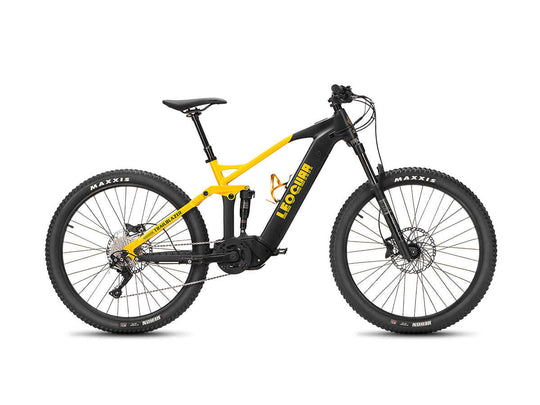
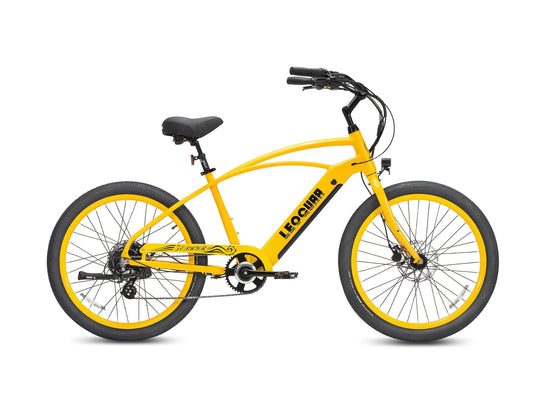
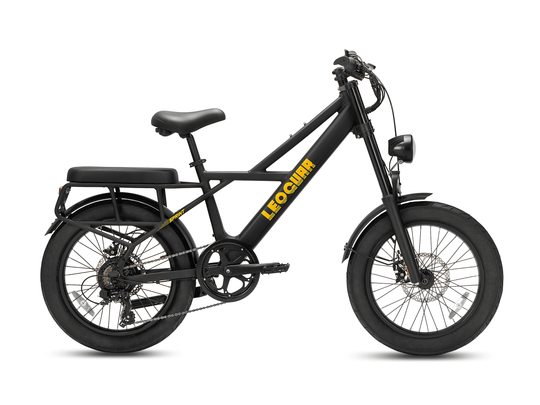
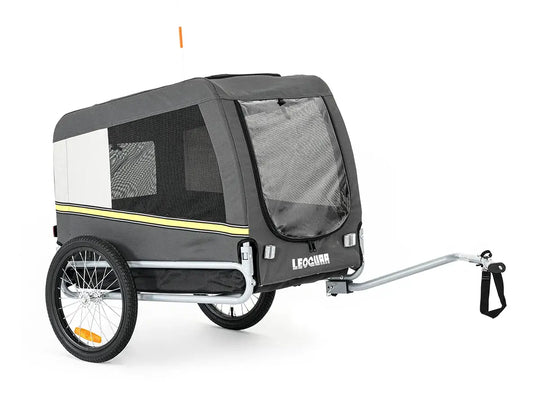
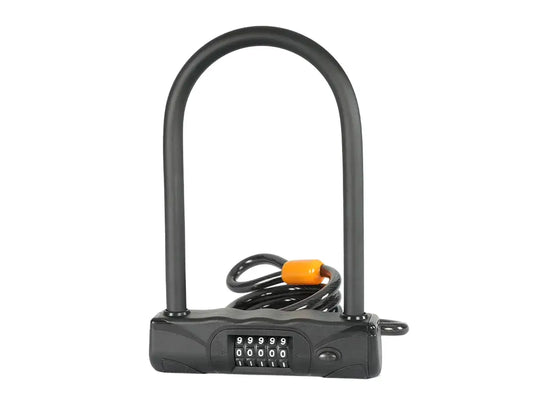
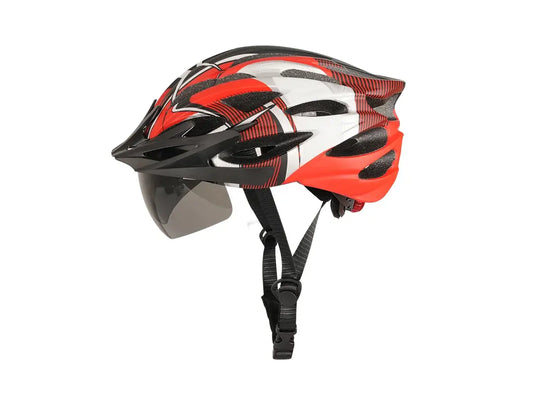
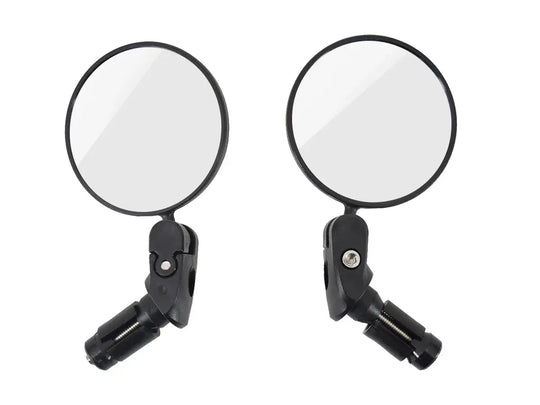
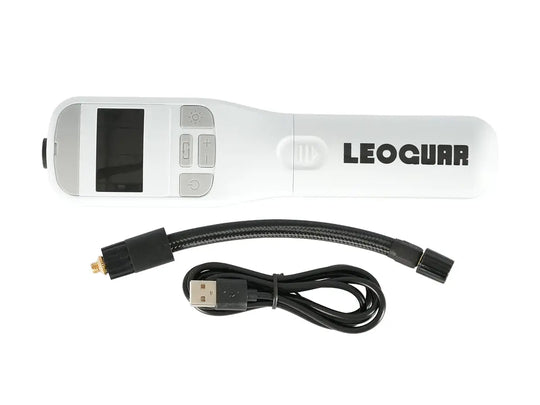
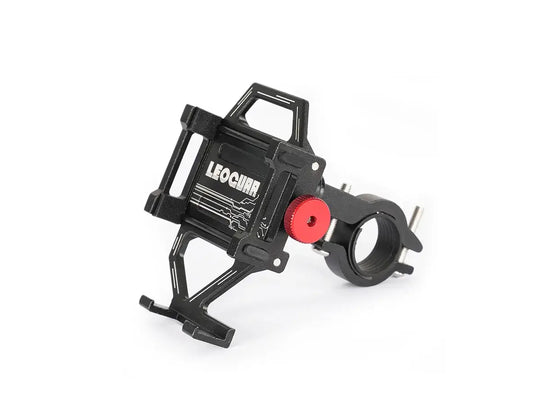
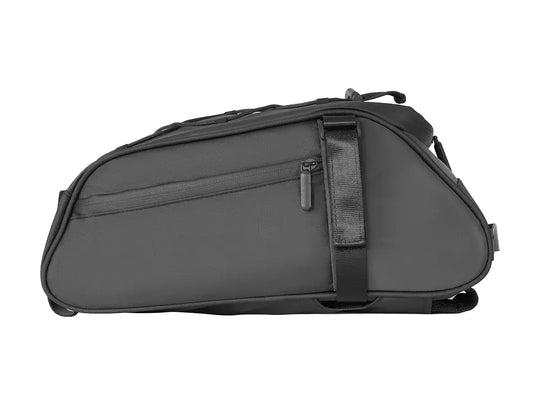
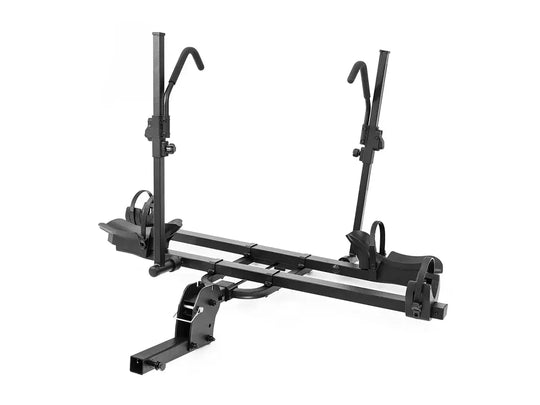
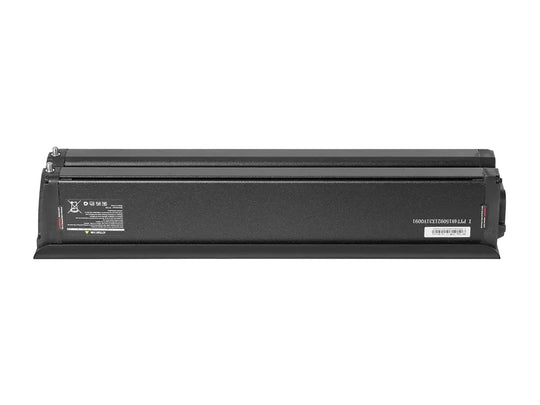
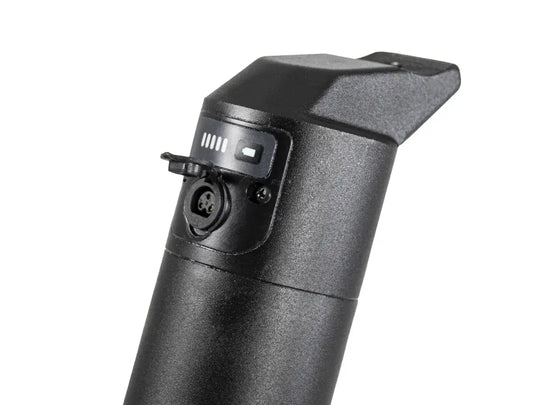
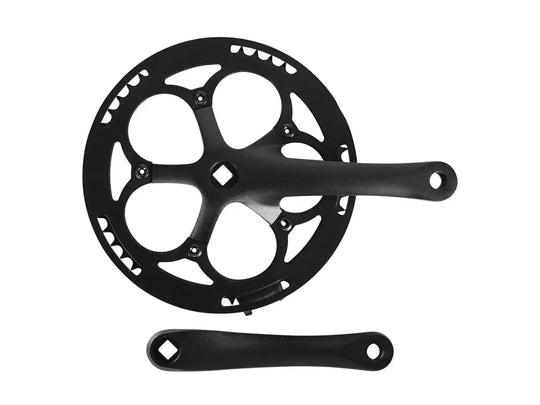
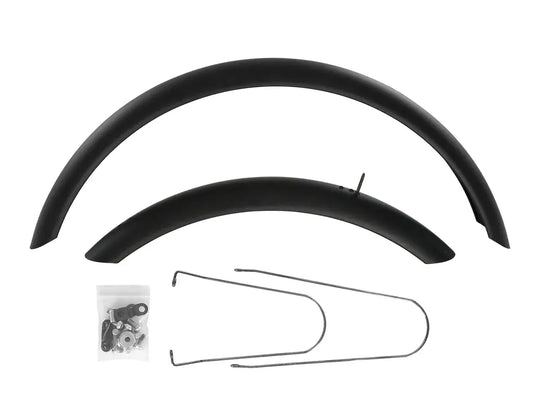
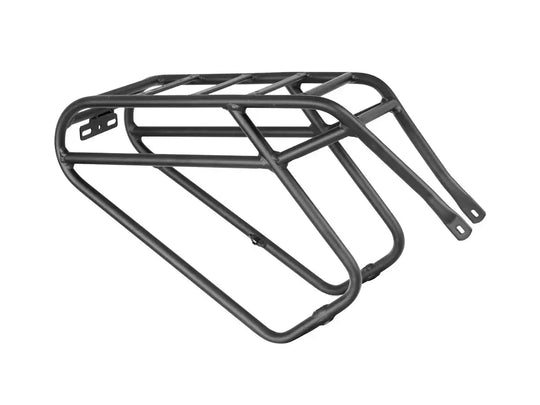
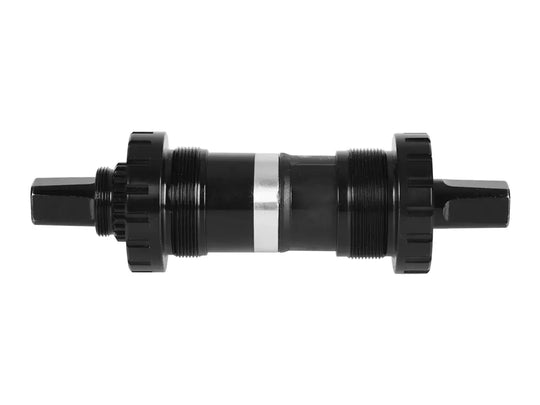

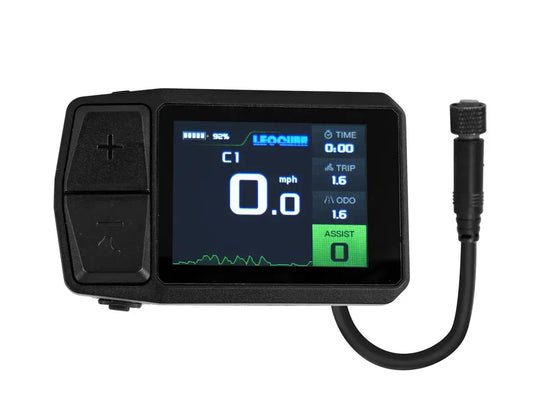
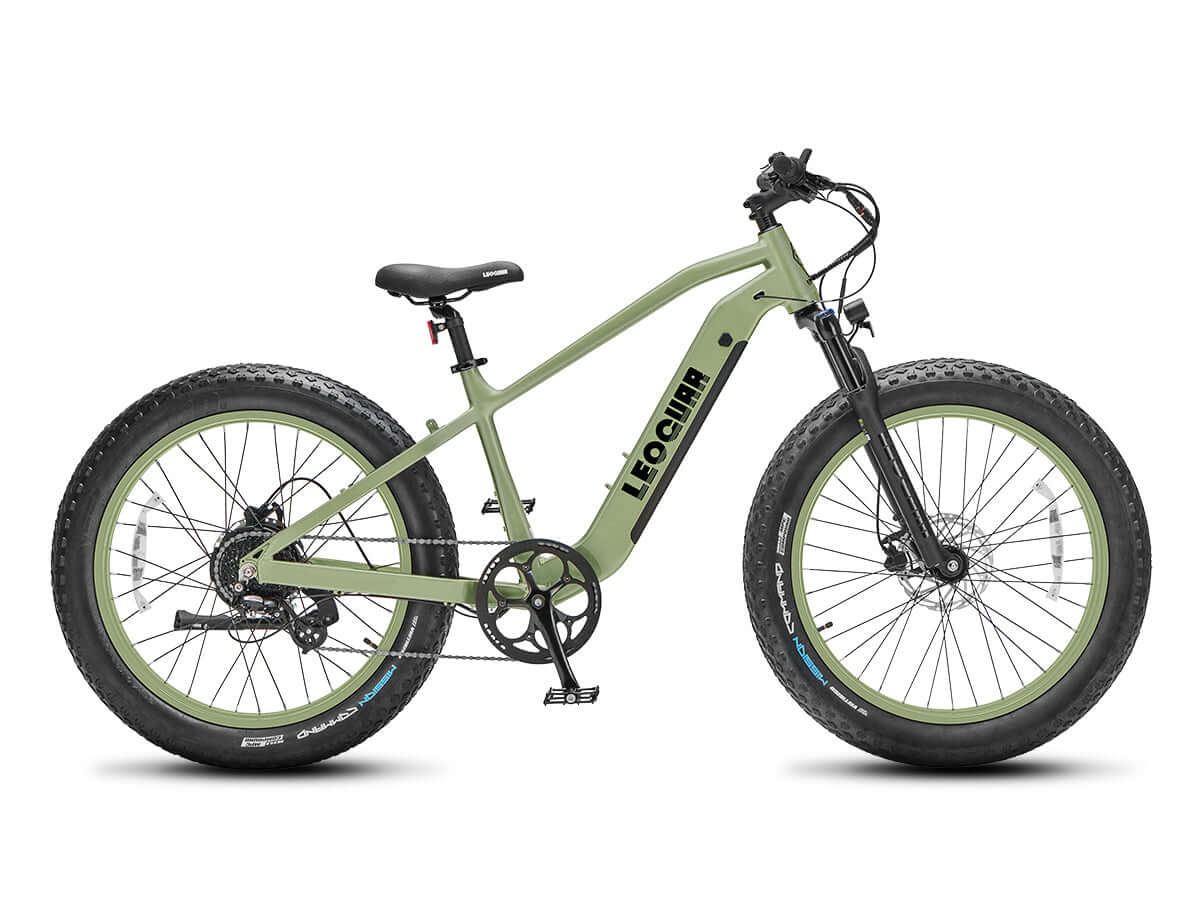







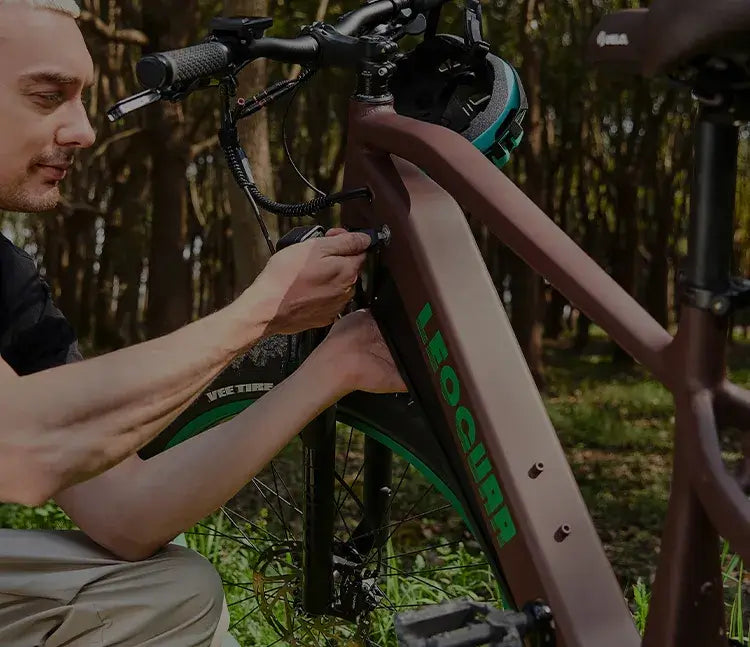
Leave a comment